Podcast: Mute/Unmute #31: #NotJustBritney - reflections on the #FreeBritney-movement - HFBK Hamburg, Prof. Dr. Astrid Mania, Jo Landt - HFBK
- MEDIATHEK
- Alle Videos
- HFBK
- Alle Bereiche
- Podcast: Mute/Unmute
Alle Videos
Podcast: Mute/Unmute #31: #NotJustBritney - reflections on the #FreeBritney-movement
Mute/Unmute is a podcast and seminar by Astrid Mania, with the support of Noi Fuhrer (WS2021/21 and SoSe 2021), Rahel grote Lambers and Anne Meerpohl. The idea of this podcast is to introduce and discuss art works, theories and incidents that relate to questions like: who is allowed to speak, who’s not? What can be said, what not? Whose voices have been suppressed? What kind of narratives and histories? What violence do we exert when speaking about others? What should we urgently talk about?
Mute/Unmute is meant to be active during the summer semester 2022, but it can potentially run much longer. We welcome contributions from HFBK students and staff and beyond. For more info / list of contributions please see https://pad.hfbk.net/Mute_Unmute and / or get in touch with rahel.grote-lambers@hfbk-hamburg.de or astrid.mania@hfbk-hamburg.de
Links:
Transcript of Britney Spears’ court hearing on June 23rd 2021:
https://www.vulture.com/2021/06/read-britney-spears-full-conservatorship-testimony-transcript.html
Press release of the federal association of legal caregivers of Germany:
https://www.berufsbetreuung.de/presse/der-fall-britney-spears-waere-in-deutschland-nicht-moeglich/
Article about perspectives of several activists and allies on #NotJustBritney:
https://www.inputmag.com/culture/britney-spears-freebritney-notjustbritney-disablity-conservatorships
Some notes on the podcast and how I use the words neurodivergence, mental illness, disability and ableism.
Neurodivergence and mental illness
Blogger Ihabc writes on the Neuroqueer blog: «Neurodivergence is not a medical term. It is a word we use to exchange with each other and to fight for our social recognition and against our discrimination.” There are examples of neurodivergence given on the non-binary wiki (“Nicht-binär Wiki”): “executive dysfunction affects not only people with ADHD, but also depressives, schizophrenics, autistics [, and more].”
I use the word ‘neurodivergence’ in this podcast because I want to draw attention to the fact that there are also other ways of representing so-called ‘mental illnesses’ and that discourses and struggles are evolving. In the podcast I use the term ‘children of neurodivergent parents’, instead of the main discourse term which is ‘children of mentally ill parents’.
Disability and ableism
I use the words disability and ableism in the following sense:
Blogger Alexandra Koch points out that “’disabled’ should not be shown as a label, but as a multifaceted experience.”
Inclusion activist, media maker and ambassador Raúl Krauthausen writes in his blog: “Society’s behavior towards people who supposedly have to endure suffering all the time or are restricted in their nature or actions due to disabilities is the real problem - not the disability itself.”
In a text from the Leidmedien.de project, ableism is described in the following way: “[Ableism] names the upgrading and devaluing of people according to abilities attributed to them, leading to discrimination against chronically ill and disabled people. Ableism assumes a physical and psychological ideal standard of human beings that chronically ill and/ or disabled people cannot live up to. Consequently, they are considered ‘inferior’. On a social level, it means that disabled and/ or chronically ill people are often excluded and made invisible.”
I am talking in my podcast about some of the stigmas that my mother and to some extent I experienced, and that is why the word ableism is essential for me. Neurodivergence can be, or be seen as, a type of disability. And this is the core of the matter, because neurodivergent people are seen as less ‘able’ or ‘healthy’ by the neurotypical majority. They are pathologized, excluded, dehumanized and that is ableism.
Ableism is issued from the capitalist, patriarchal and colonial logic of the systems in which we live in our current society. Human bodies through history have been and are currently hierarchised, violentated, controlled, humiliated, harmed, objectified and, as we know, destroyed if they do not possess the characteristics judged by everyone implementing white supremacy as ‚useful’ and fitting. It is important to not forget where this logic comes from and the real impact white supremacy has in the lifes of anyone who is not white, “able”, “healthy”, cisgender, heterosex¬ual person, or a man.
---
>>> German version below
Mute/Unmute is an ongoing podcast and seminar by Prof. Dr. Astrid Mania with the support of Noi Fuhrer and Anne Meerpohl (2020-2021/2022) and Rahel grote Lambers. The idea of this podcast which is open to all, is to introduce and discuss art works, theories and incidents that relate to questions like: who is allowed to speak, who’s not? What can be said, what not? Whose voices have been suppressed? What kind of narratives and histories? What violence do we exert when speaking about others? What should we urgently talk about?
The podcast addresses a wide range of topics, from pirate radio stations (episode #2) to HFBK initiatives such as the Institutional Questionnaire of the Critical Diverstiy AG (#11), from the origins of racial bias in photography (#19) to DAGESH-price winner Talya Feldman’s activism as she aims at changing the narratives of right-wing terror. It unmutes women from Iran (#40), mothers in art (#44) and HFBK students who generously share painful and difficult experiences with microracism (#46) or homophobia (#37). It introduces theories and seminal essays such as Barthes’ “Death of the Author” (#26), Spivak’s “Can the Subaltern Speak?” (#28), the notion of “Queer Silence” (#41) or Saidiya Hartman’s concept of “Critical Fabulation” (#35). And of course there’s sound and music, too, as we listen to an interview about the exhibition “Broken Music” (#39) or the riffs of “Heavy Metal Hercules” (#43).
>>> German version
Mute/Unmute ist ein fortlaufender, englischsprachiger, Podcast und ein Seminar von Prof. Dr. Astrid Mania, mit Unterstützung von Noi Fuhrer und Anne Meerpohl (bis 2021/2022) sowie Rahel grote Lambers. Der Podcast, zu dem alle herzlich eingeladen sind beizutragen, will Kunstwerke, Theorien und Ereignisse zur Sprache bringen, die sich auf Fragen beziehen wie: Wem wird das Wort erteilt, wem nicht? Was kann gesagt werden, was nicht? Welche Stimmen, welche Narrative und Geschichten wurden und werden unterdrückt? Üben wir, wenn wir sprechen, Gewalt aus? Und worüber sollten wir unbedingt sprechen?
Thematisch deckt der Podcast eine große Bandbreite ab, von Piratensendern (Folge #2) über HFBK-Initiativen wie den Fragebogen der Critical Diverstiy AG (#11), vom Racial Bias in der Fototechnik (#19) zur DAGESH-Kunstpreis-Gewinnerin Talya Feldman mit ihrem Aktivismus gegen rechten Terror. In manchen Folgen melden sich Frauen aus dem Iran (#40), Künstlerinnen, die Mütter sind, (#44) und HFBK-Studierende zu Wort, die schmerzhafte Erfahrungen mit Mikroagressionen (#46) oder Homophobie gemacht haben (#37). Der Podcast stellt Theorien und grundlegende Essays wie Barthes’ “Tod des Autors” (#26), Spivaks “Can the Subaltern Speak?” (#28), Saidiya Hartmans Methode der “Critical Fabulation” (#35) sowie das Konzept von “Queer Silence” (#41) vor. Und wir erfahren in “Broken Music” (#39), wie man eine Ausstellung zu Sound kuratiert, und hören, wie der “Heavy Metal Hercules” klingt (#43).
-
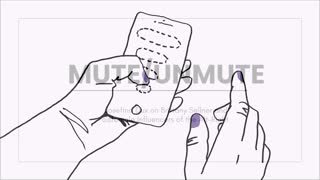
-
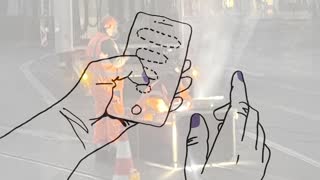
-
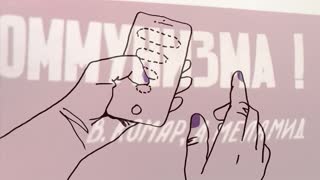
-
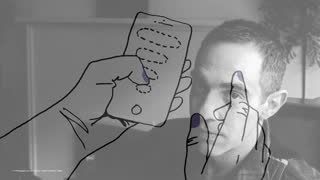
-
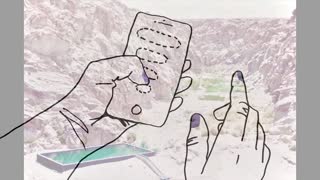
-
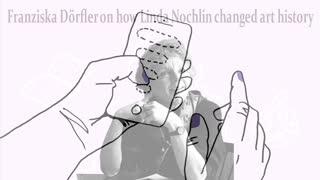
-
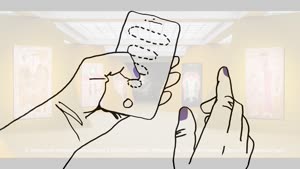
-
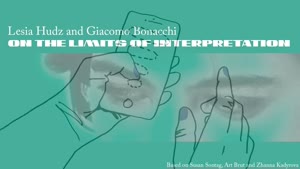
-
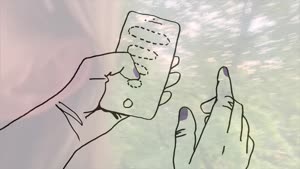
-

-
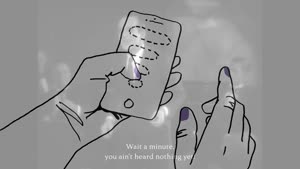
-
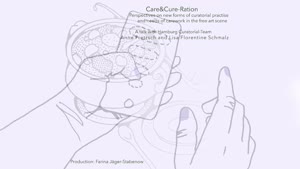
-
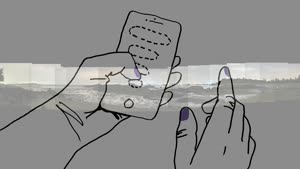
-
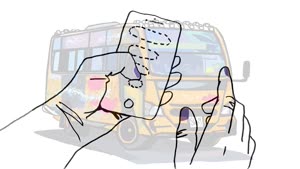
-
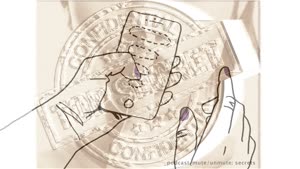
-
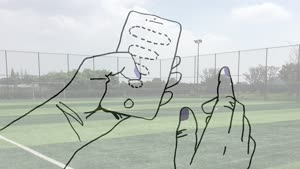
-
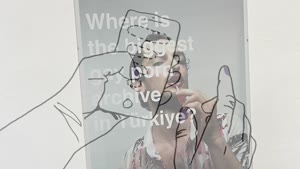
-
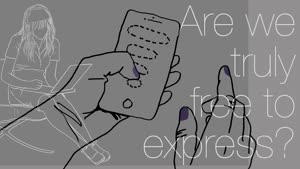
-
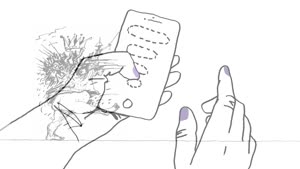
-
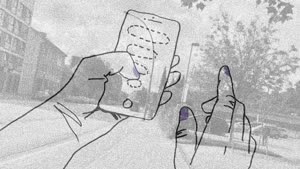
-
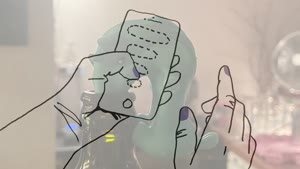
-
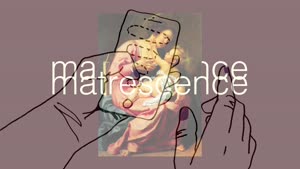
-
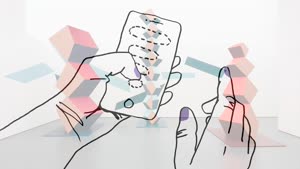
-
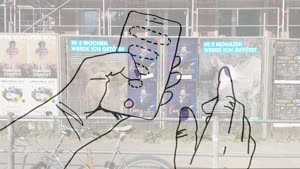
-
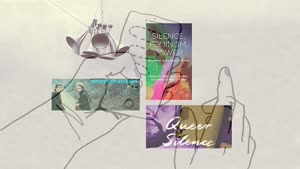
-
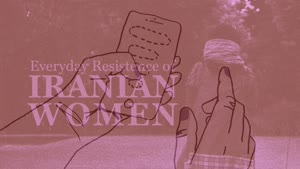
-
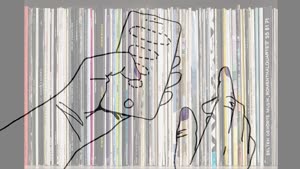
-
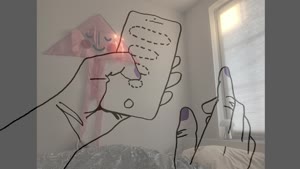
-
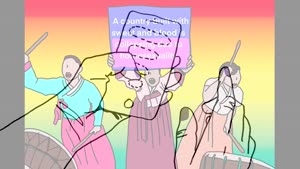
-

-
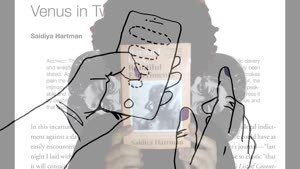
-
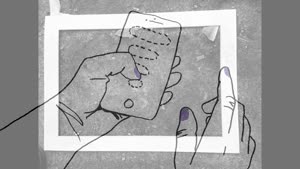
-
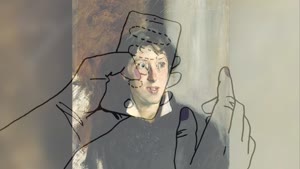
-
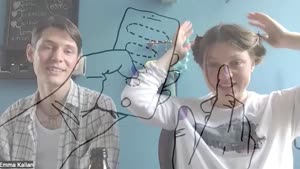
-
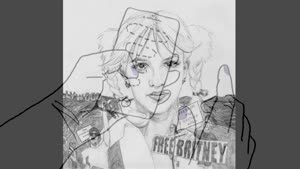
-
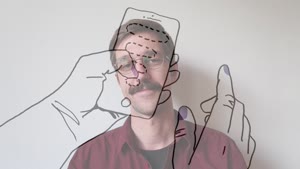
-
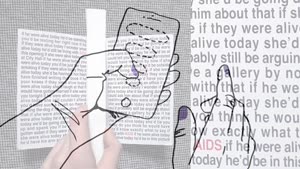
-
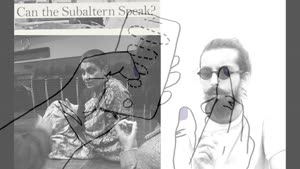
-
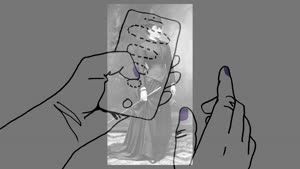
-
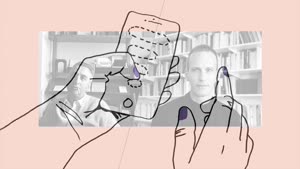
-
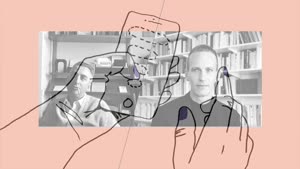
-
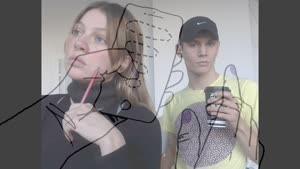
-
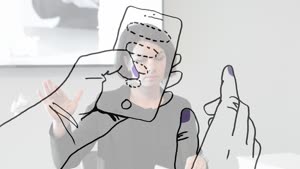
-
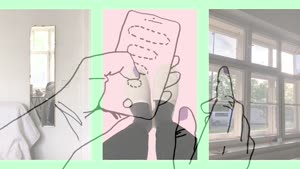
-
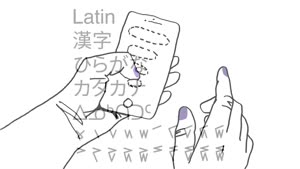
-
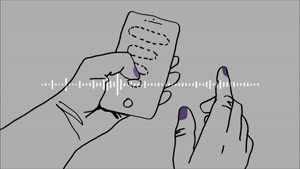
-
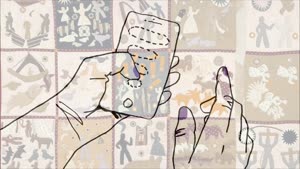
-
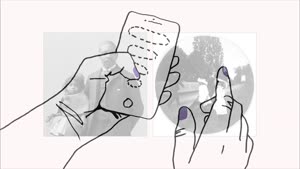
-
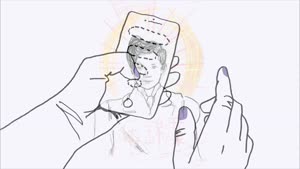
-
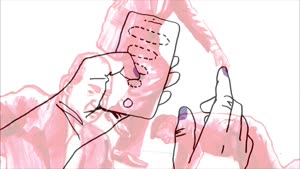
-
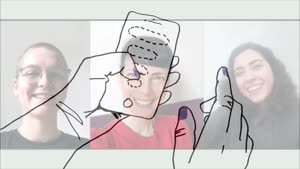
-
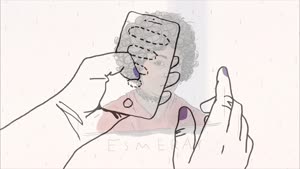
-
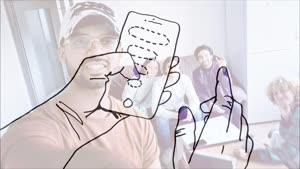
-
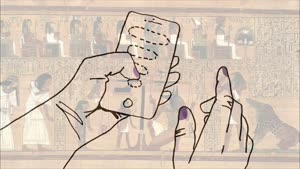
-
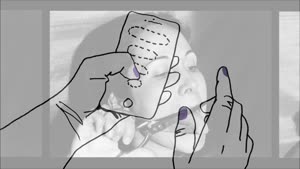
-
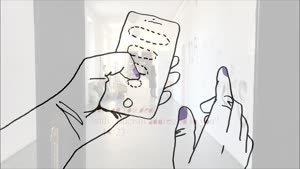
-
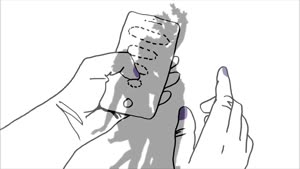
-
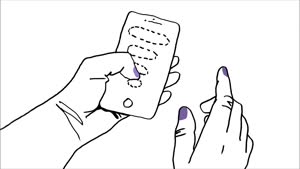
-
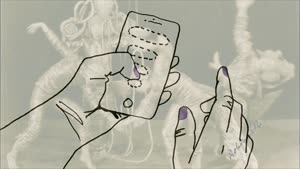
-
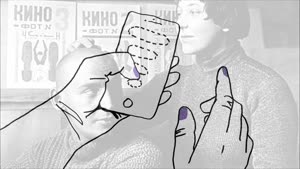
-
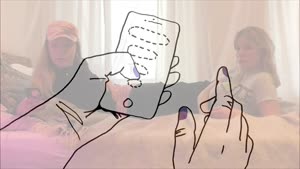
-
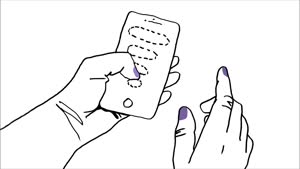
-
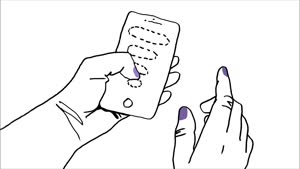
-
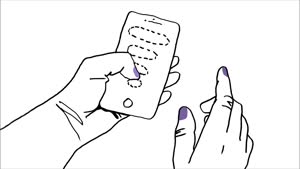
-
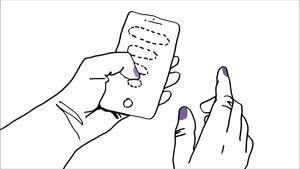
-
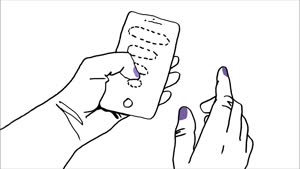 12.11.2020
12.11.2020Podcast: Mute/Unmute #1 - Philip Guston
